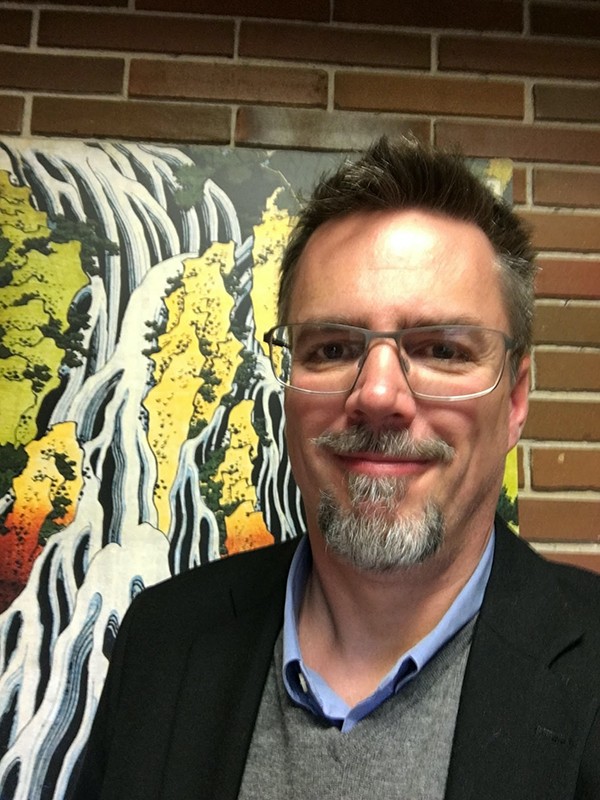‘Reconciliation & its Discontents’
U of W hosts timely panel discussion
On Friday, Feb. 28, the University of Winnipeg (U of W) will host “Reconciliation & its Discontents,” a panel discussion on the state of reconciliation with Indigenous peoples in Canada. This event, held from 11:30 a.m. to 1:30 p.m. in room 3C01, is part of the Department of Political Science Speaker Series.
The panel will feature Dr. Jacqueline Romanow, Dr. Allen Mills and Dr. Adam Muller.
Muller, professor and director of the Department of Peace and Conflict Studies at the University of Manitoba, says in an email to The Uniter that “events like this one provide an opportunity for interested persons to gather together in a supportive environment, share their perspectives and work with others to become clearer about what reconciliation means and how to achieve it.”
Dr. Adam Muller, professor and director of the Department of Peace and Conflict Studies at the University of Manitoba, will be one of three panelists taking part in the "Reconciliation & its Discontents" panel.
“It’s so important that we get a better understanding of what we all need to do – and it is clearly much more than we are currently doing – in order to properly align the needs, interests, hopes and desires of Indigenous and non-Indigenous Canadians,” he says.
This discussion surrounding reconciliation is timely, especially amid the ongoing work of the Wet’suwet’en Nation land defenders in northern British Columbia and national solidarity protests.
“I do believe that our understanding of reconciliatory practice has been troubled recently in ways that have a lot to do with decades of unresolved abuse, mistrust and indifference suffered by Canada’s Indigenous peoples, particularly in relation to questions of land and natural resource ownership, use and stewardship,” Muller says.
“I’d like to suggest that, as a nation, we are really only now starting to understand how and why reconciling will remain so challenging,” he says.
One of the other panellists, Dr. Allen Mills, is a retired professor of political science and senior scholar at the U of W. He believes that, over the past few decades, there has been progress in terms of reconciliation with Indigenous peoples.
“There has been in the last 30 or 40 years a political awakening among Indigenous leaders and a greater awareness of the history of Indigenous issues in Canada,” he says, noting, however, that this progress is “not fast enough.”
“Like all change, the question is how much has happened and how deep has it penetrated the wider society,” Mills says.
He believes that free and public events like this panel discussion are beneficial.
“Any decent society is better off if we have an honest and candid discussion about these important issues as much as possible,” Mills says, adding that even though events like these may appear small and insignificant, they are “part of the larger process and discussion.”
The third panellist, Dr. Jacqueline Romanow, is chair of the Department of Indigenous Studies at the U of W and has experience working “directly with First Nations governments for almost 10 years, providing economic development and management advisory services as well as comprehensive program and project evaluations,” according to the university website.Dr. Adam Muller, professor and director of the Department of Peace and Conflict Studies at the University of Manitoba, will be one of three panelists taking part in the "Reconciliation & its Discontents" panel.
Published in Volume 74, Number 19 of The Uniter (February 27, 2020)






